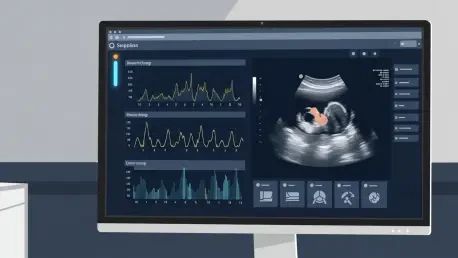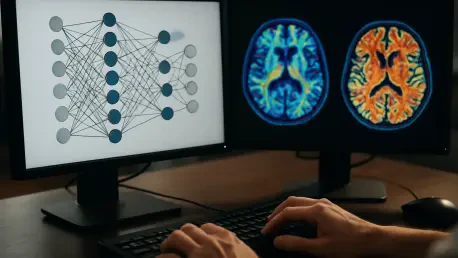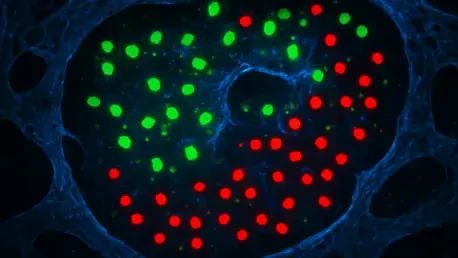
The subtle tremor in a hand or a slight change in vocal pitch often serves as the first whisper of a neurological condition that remains one of the most challenging puzzles for modern clinicians. Parkinson’s disease presents a complex diagnostic landscape where symptoms are frequently subtle,

The conventional method of determining a pregnancy's timeline has remained largely unchanged for nearly two centuries, relying on a mix of patient memory and rudimentary calculations that often miss the mark by weeks. For decades, pregnancy dating has functioned as an educated guess rather than a

The High Stakes of the Alzheimer’s Waiting Game A diagnosis of Alzheimer’s Disease often feels like being handed a map with the ink still wet, leaving families to navigate a landscape where the landmarks of memory and independence could vanish tomorrow or remain for a decade. This profound

Scientists have successfully mapped the internal genetic blueprints of millions of individual cells, yet the precise physical coordinates of these cells within the living architecture of an organ often vanish the moment they are extracted for study. This "spatial gap" has long hindered the ability

The integration of sophisticated computational algorithms into the oral healthcare sector has fundamentally altered the way clinicians approach patient diagnostics and long-term treatment planning. Rather than functioning as a futuristic concept reserved for science fiction, artificial intelligence

The human body possesses a remarkable yet often dormant ability to convert sedentary fat stores into active furnaces that burn calories just to generate heat. While the medical community has long understood the distinction between energy-storing white fat and energy-burning brown fat, the molecular
1 2 3 4 5 6 7 8 9 10 11 12 13 14 15 16 17 18 19 20 21 22 23 24 25 26 27 28 29 30 31 32 33 34 35 36 37 38 39 40 41 42 43 44 45 46 47 48 49 50 51 52 53 54 55 56 57 58 59 60 61 62 63 64 65 66 67 68 69